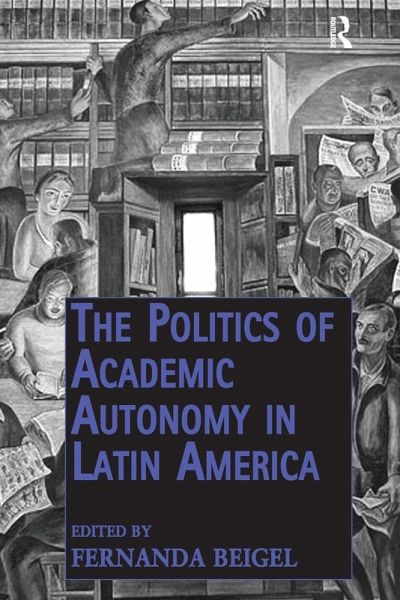
The Politics of Academic Autonomy in Latin America
Versandkostenfrei!
Versandfertig in 1-2 Wochen
73,99 €
inkl. MwSt.
Weitere Ausgaben:

PAYBACK Punkte
37 °P sammeln!
Academic autonomy has been a dominant issue among Latin American social studies, given that the production of knowledge in the region has been mostly suspected for its lack of originality and the replication of Euro-American models. Politicization within the higher education system and recurrent military interventions in universities have been considered the main structural causes for this heteronomy and, thus, the main obstacles for 'scientific' achievements. This groundbreaking book analyses the struggle for academic autonomy taking into account the relevant differences between the itinerary...
Academic autonomy has been a dominant issue among Latin American social studies, given that the production of knowledge in the region has been mostly suspected for its lack of originality and the replication of Euro-American models. Politicization within the higher education system and recurrent military interventions in universities have been considered the main structural causes for this heteronomy and, thus, the main obstacles for 'scientific' achievements. This groundbreaking book analyses the struggle for academic autonomy taking into account the relevant differences between the itinerary of social and natural sciences, the connection of institutionalization and prestige-building, professionalization and engagement.




